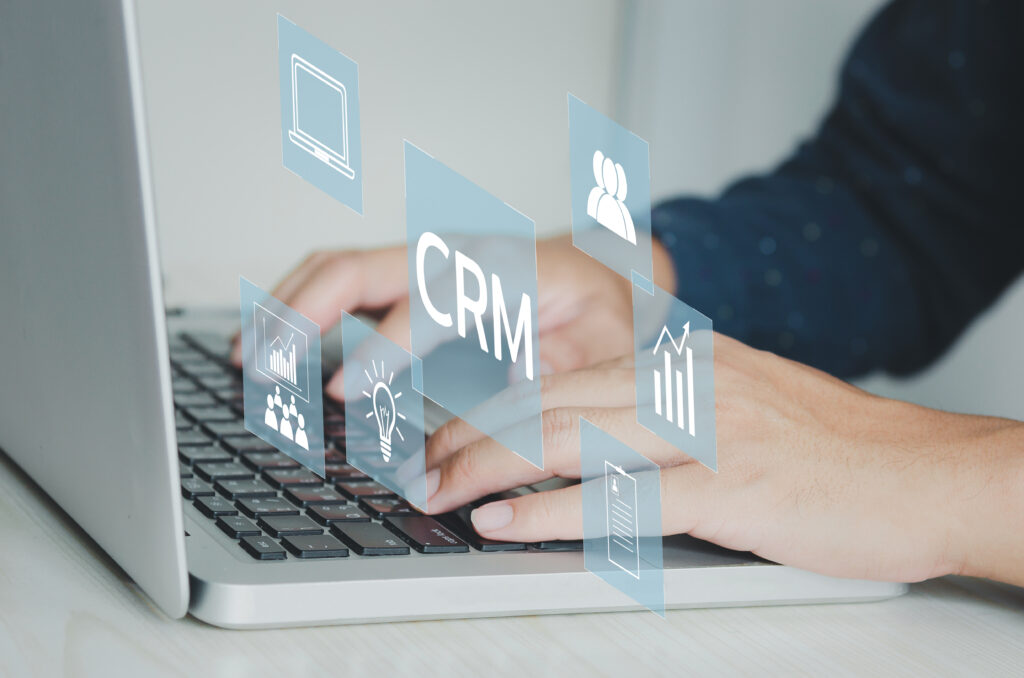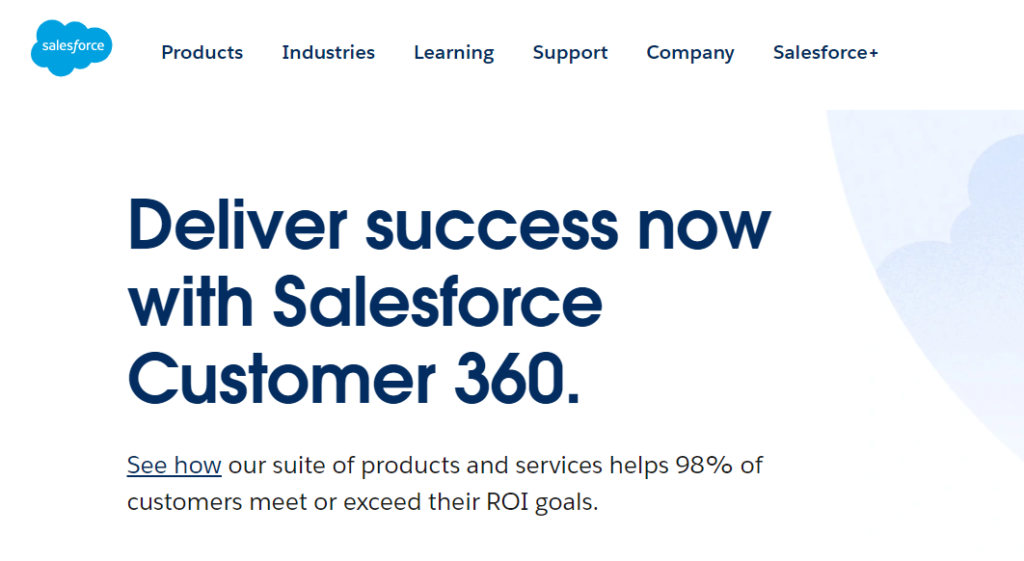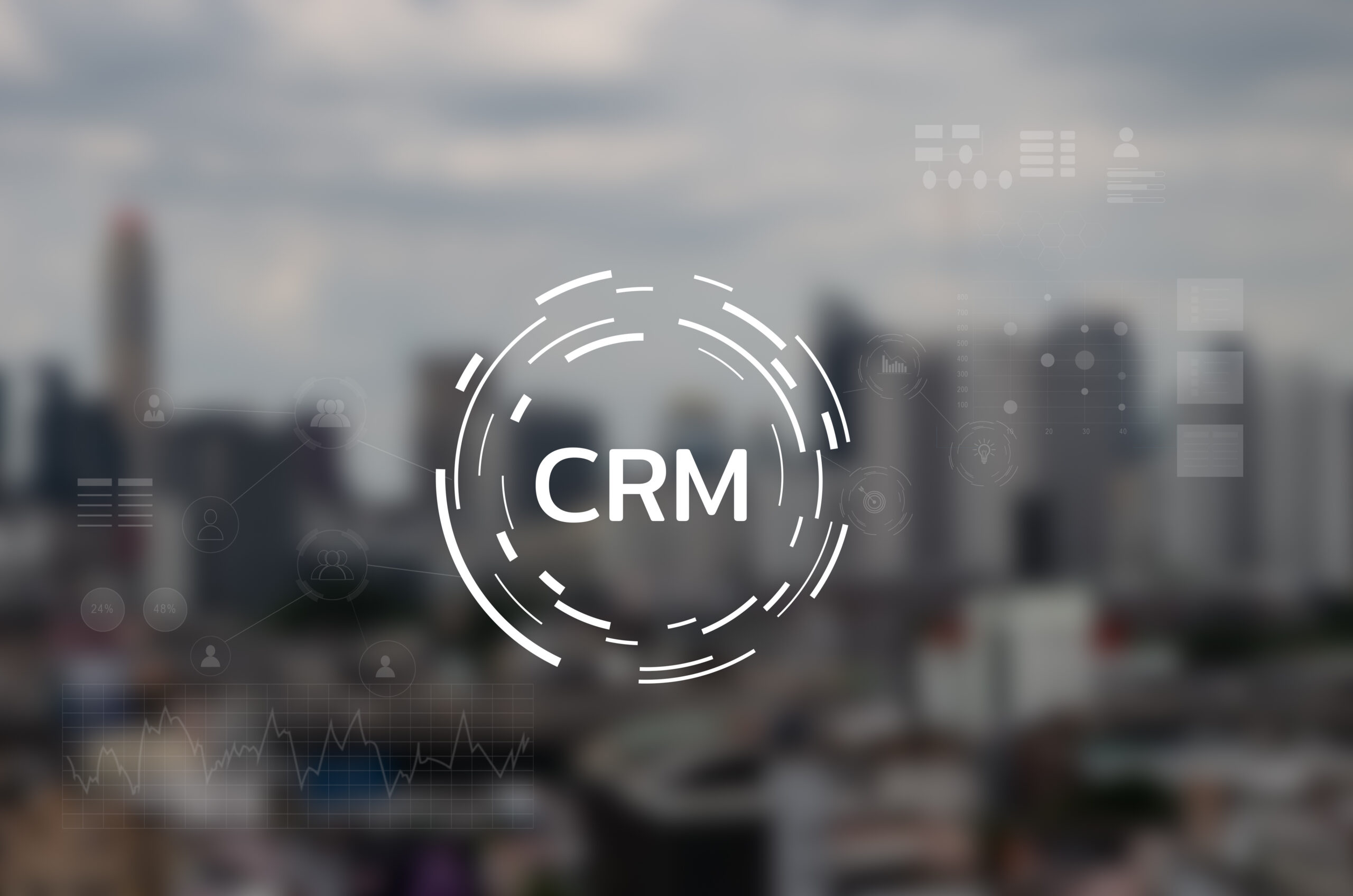A customer relationship management (CRM) system is a software program that enables businesses to manage their client interactions and relationships. CRM systems are made to handle and store customer data across many channels, including social media, email, and phone calls, including contact details, purchase histories, and consumer behavior.

Be ready to learn about CRM’s potential if you’re sick of watching your client base dwindle despite your best efforts. We’ll walk you through the foundations of CRM in this post and demonstrate how to use information and insights to build solid and enduring connections with your clients. So grab a seat because we’ll teach you how to increase your customer engagement game!
Table of Contents
What Is a Customer Relationship Manager (CRM)?

Consider hiring a personal assistant familiar with every aspect of your clients, including their names, preferences, past purchases, and even birthdays. A Customer Relationship Manager (CRM) is simply—a helpful tool that gives you control over customer interactions. You may gather all your client information into one location using a CRM system, providing a complete view of your customer base.
A CRM system, however, consists of more than a database. It’s a method to assist you in creating and preserving solid client interactions. You can tailor your interactions, predict their demands, and build a seamless client experience by utilizing data and analytics. In addition, a CRM system may help you automate your activities and spur development, whether you’re a small business owner, a salesperson, or a marketer.
A CRM system could have analytics, marketing automation, contact management, and sales tracking features. This may be used to keep track of your marketing activities, automate tedious tasks, and examine customer behavior to draw significant conclusions. As a result, you may improve customer connection and build a network of committed customers by utilizing the possibilities of a CRM system, which will help your business grow.
What Does a CRM Do?

Do you want to change the way that you engage with customers? Then, a Customer Relationship Management (CRM) solution is your best option. A CRM system is like having a superhero sidekick that keeps track of all customer interactions and gives you the resources and knowledge you need to tailor your approach and anticipate their demands.
A CRM system aids in managing each stage of the client lifecycle, from the initial website visit through the final transaction and beyond. This covers marketing automation, sales monitoring, and contact management. Also, it automates monotonous chores, giving you more time to concentrate on creating strong, long-lasting connections with your clients.
A CRM system, however, does more than merely lighten your workload. It also offers potent analytics capabilities that provide valuable insights into consumer behavior. This knowledge may help you enhance your marketing strategies, boost client satisfaction, and expand your company.
In short, a CRM system is a game-changer for any business looking to take customer engagement to the next level. Whether you’re a small business owner, a sales professional, or a marketer, a CRM system can help you unlock the full potential of your customer relationships and achieve your business goals.
Off-the-Shelf CRM Solutions

The pre-packaged software packages known as “off-the-shelf CRM solutions” are created to fulfill the requirements of enterprises in various sectors. These solutions offer multiple features and functionalities, including analytics, marketing automation, sales tracking, and contact management. In addition, they are simple to use, reasonably priced and adaptable to your company’s particular requirements.
Several providers, like Salesforce, Microsoft, and HubSpot, offer pre-built CRM solutions. They are often provided in one of two formats: on-premises or cloud-based. Online access to cloud-based solutions is supplied via the vendor’s servers. On-premise systems, in contrast, are set up and hosted on the user’s servers.
Here are some of the greatest CRM Suppliers
Salesforce

Salesforce CRM is a cloud-based customer relationship management tool that aids companies in managing client contacts and fostering expansion. According to several experts, Salesforce CRM is one of the most well-liked and complete CRM systems. It includes several features that may be tailored to match the particular requirements of enterprises across many sectors, including contact management, sales tracking, marketing automation, and analytics.
Scalability, or the capacity to be utilized by organizations of all sizes, from tiny startups to giant corporations, is one of the main advantages of Salesforce CRM. In addition, the Marketing Cloud and Service Cloud, among others, are easily integrated with Salesforce CRM, enabling companies to develop a comprehensive customer interaction strategy.
Several price options are available for Salesforce CRM, including pay-per-user and monthly subscription models. This enables firms to select the optimum pricing strategy for their requirements and financial constraints.
Overall, Salesforce CRM is a powerful and all-inclusive tool that boosts customer interaction and propels corporate success. Salesforce CRM is a well-liked option for organizations worldwide because of its various features, scalability, and flexible price options.
HubSpot

HubSpot CRM is a cloud-based customer relationship management tool that aids companies in managing lead generation and customer interactions. The user is at the center of HubSpot CRM’s design. It provides a straightforward, user-friendly interface that enables businesses to start operating immediately.
Many functions are available with HubSpot CRM, like analytics, marketing automation, sales monitoring, and contact management. Moreover, it effortlessly connects with other HubSpot products like the Marketing Hub and Sales Hub, enabling companies to develop an all-encompassing inbound marketing strategy.
One of the most essential advantages of HubSpot CRM is its price. As the software’s basic version is free, companies of all sizes may utilize it. Moreover, HubSpot CRM offers premium options with extra features and capabilities, including enhanced reporting and personalized dashboards.
HubSpot CRM is a user-friendly and economical tool that may help organizations enhance customer interaction and drive development. HubSpot CRM is a popular option for businesses wishing to automate their sales and marketing procedures due to its functionality and simple interaction with other HubSpot products.
Salesflare

A customer relationship management software program called Salesflare CRM was created to assist companies in automating their sales and marketing procedures. A variety of tools provided by Salesflare CRM, including contact management, pipeline management, email monitoring, and analytics, may aid companies in managing client interactions more successfully.
The ability to automate processes is one of Salesflare CRM’s key advantages. By automating time-consuming sales and marketing chores like data entry and email follow-ups, Salesflare CRM frees up corporate resources to concentrate on developing enduring client connections. Moreover, Salesflare CRM readily interacts with other business platforms like Google Suite, Zapier, and LinkedIn, enabling businesses to design a more connected and organized workflow.
Moreover, Salesflare CRM has some price options, including a free edition, making it affordable for companies of all sizes. Furthermore, the subscription plans offer extra features and capabilities, including custom fields and sophisticated reporting.
Overall, Salesflare CRM is a robust and easy-to-use tool that may assist companies in automating their sales and marketing operations and fostering development. Salesflare CRM is a well-liked option for companies aiming to maximize client interactions thanks to its automation features, easy connection with other business tools, and various price levels.
Oracle
Oracle CRM is a thorough customer relationship management software program that aids companies in controlling client interactions and fostering expansion. Oracle CRM has many capabilities, including sales, marketing, and service automation, which may be tailored to fit the specific requirements of enterprises in a range of sectors.
Scalability is one of Oracle CRM’s primary advantages; it allows companies of all sizes, from tiny startups to huge enterprises, to use it. A complete customer engagement strategy can be developed by firms using Oracle CRM in conjunction with other Oracle products like the Oracle Marketing Cloud and Oracle Service Cloud, which connect smoothly with it.
Oracle CRM is affordable for enterprises of all sizes thanks to various price options, including subscription-based and perpetual licensing models.
Oracle CRM is a powerful tool that boosts customer interaction and propels corporate success. Oracle CRM is a well-liked option for businesses trying to improve client relations because of its functionality, scalability, and flexible price options.
Microsoft Dynamics CRM
Microsoft Dynamics CRM is a powerful customer relationship management software program that aids companies in controlling client contacts and enhancing customer engagement. It includes many capabilities that may be customized to fit the specific requirements of organizations across many sectors, including contact management, sales automation, marketing automation, and customer service.
One of the software’s main advantages is the seamless integration of Microsoft Dynamics CRM with other Microsoft products, including Office 365 and Power BI. Due to this, organizations may simplify and link their workflows and use advanced analytics to learn more about their customers’ data.
Furthermore, extremely configurable, Microsoft Dynamics CRM offers a variety of deployment choices, including on-premises, cloud-based, and hybrid models. It also provides various price options to accommodate enterprises of different sizes and financial constraints.
A comprehensive and user-friendly system like Microsoft Dynamics CRM may help companies increase client interaction and spur development. Microsoft Dynamics CRM is a well-liked alternative for firms aiming to maximize customer relations because of its connectivity with other Microsoft products, configurable capabilities, and flexible implementation choices.
SugarCRM
SugarCRM is a customer relationship management software program that works in the cloud to assist organizations in better managing client interactions. Several of SugarCRM’s capabilities, including contact management, sales automation, marketing automation, and analytics, may be tailored to fit the specific requirements of firms in various sectors.
One of SugarCRM’s key advantages is its user-friendly interface, which is simple to use and can be tailored to each user’s needs. Furthermore, SugarCRM allows organizations to select the deployment option that best meets their needs. These possibilities include on-premises, cloud-based, and hybrid models.
Moreover, SugarCRM provides various price options, including a free edition, making it available to companies of different sizes and financial constraints. Furthermore, the subscription plans offer extra features and capabilities, including enhanced reporting and personalized dashboards.
A comprehensive and adaptable system like SugarCRM may help companies increase client interaction and spur development. SugarCRM is a well-liked alternative for businesses aiming to maximize client relations because of its user-friendly design, customizable capabilities, and flexible implementation choices.
Is an Off-the-Shelf CRM Good for Your Business?
Finding a customer relationship management (CRM) system that meets your company’s requirements might be challenging. Off-the-shelf CRM solutions are pre-packaged software items created to satisfy the needs of businesses in various sectors. Companies must decide if they are a suitable fit for their purposes, even if they might be an efficient and straightforward option to apply.
Businesses that need to rapidly and easily establish a CRM system may benefit from an off-the-shelf CRM solution. In addition, companies may use it to consolidate their client data and provide them access to various capabilities for managing customer interactions. Also, businesses of all sizes may purchase and use off-the-shelf CRM products.
But, companies must also consider any possible drawbacks of a pre-packaged CRM solution. For instance, even if these adaptable solutions cannot satisfy your company’s particular requirements. However, not all commercially available systems provide the same degree of customization or integration.
Ultimately, the decision to adopt an off-the-shelf CRM solution should be based on the particular demands of your firm. Hence, before choosing, you should thoroughly compare various CRM solutions’ features, customization possibilities, and price structures. To adequately satisfy their demands, businesses may need to invest in a bespoke CRM solution.
The Future of CRMs
Are you prepared to peep into the CRMs of the future? The options are fascinating and limitless! The future of CRMs is expected to be dynamic and transformative as companies increasingly look for new, creative methods to interact with their consumers.
The future of CRMs is already being shaped by artificial intelligence (AI) and machine learning (ML), which enable organizations to analyze customer data, customize interactions and automate operations like never before. As a result, enterprises can foresee consumer demands, create individualized experiences at scale, and acquire more significant insights into customer behavior and preferences.
But that’s not all; omnichannel marketing tactics are also anticipated to be very important in developing CRMs. CRMs must connect these channels as customers interact with businesses through various channels to provide a seamless and uniform customer experience. Moreover, the retail and hotel sectors are poised to transform how companies interact with customers due to the development of augmented and virtual reality technology.
Hence, as data security and privacy become more crucial, protecting client data will also be a top priority for CRMs in the future. As a result, companies must adhere to data privacy laws and implement robust security measures to guard against intrusions.
In general, the future of CRMs seems promising and brimming with opportunities. However, CRMs must stay on top of the situation to be relevant and valuable as technology advances. Are you prepared to board the wave?

